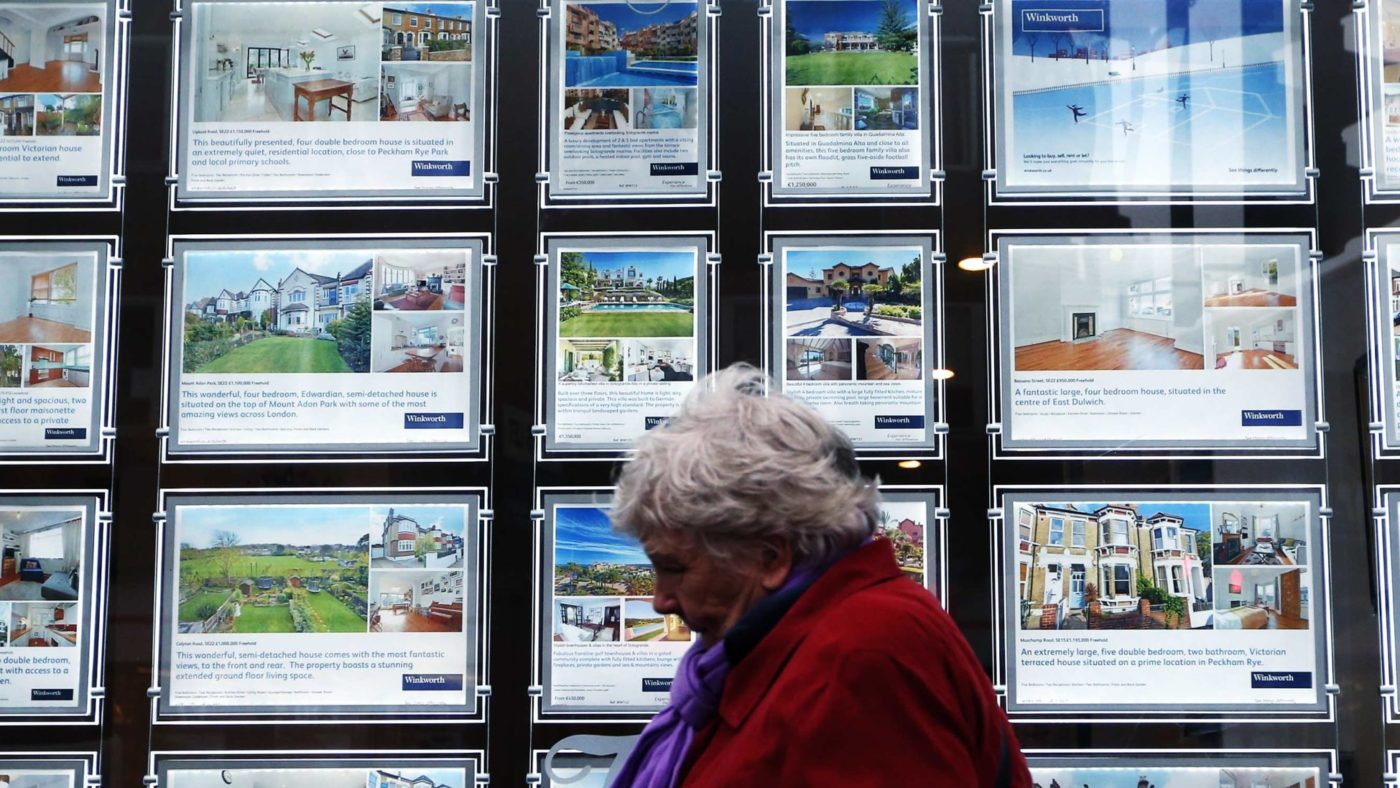According to the Times, stamp duty receipts fell by nearly £1 billion last year as a result of another misguided bit of tax tinkering introduced by George Osborne back in 2014. Osborne had planned to shift the tax burden onto the most expensive homes.
Transactions in England, Wales, and Northern Ireland fell 2.6 per cent from 2017, with receipts from the Higher Rate for Additional Dwellings falling 14. 2 per cent over the same period, amounting to a drop of £285 million.
It’s certainly unwelcome news for the Treasury, which now have to look for cash to fund various public services elsewhere. The Government will most likely resort to borrowing the money in order to plug the gap.
This is disappointing given the steps taken since 2010 to tackle the debt and the deficit inherited from the previous Labour government. Increased borrowing means adding even more to our burgeoning national debt, which is already projected to reach unsustainable levels in the future. This chronic indebtedness both endangers the UK’s economic resilience and places a heavy burden upon not just our children, but our grandchildren and great grandchildren. It also crowds out private sector investment and hampers economic growth.
The fact that the Government has seen a drop in revenue from stamp duty should not come as a surprise. One of the biggest issues with stamp duty (and there are plenty to choose from) is that it is a transaction tax. That is to say it taxes the movement of assets between different parties. In terms of raising revenue for the state, these kind of taxes are incredibly inefficient. They interfere with the proper functioning of markets by reducing liquidity, thereby making it more difficult for individuals and businesses to buy and sell assets.
This is precisely what is going on with stamp duty and the reason why receipts are down. Levying stamp duty on the sale of house means that they become more expensive to purchase. As a result, fewer homes are bought, leading to a drop in revenue.
This is not a recent occurrence either. For example, a joint report between the LSE and the Berkeley Group in 2013 highlighted the problems caused by stamp duty. Levying stamp duty on the purchase of homes keeps people trapped in homes that are either too large or too small for them. This is particularly the case when it comes to older people who would like to downsize after their children have flown the nest. Research conducted by Oxford Brookes University found that stamp duty means that elderly people are less likely to move to a smaller home and that its abolition would incentivise older people to move, thereby freeing up the housing market. In fact, a 2017 paper showed that the rate of home moving would be 27 per cent higher if stamp duty was abolished.
Unsurprisingly, it’s the same situation elsewhere: the Australian government found that a similar tax cost 75 pence for every £1 raised, making it the most expensive of all the major levies in the country.
It has been pointed out countless times that the reason we have a housing crisis in this country is due to supply of new homes failing to meet demand, with prices surging as a result. However, it is not just a convoluted planning system and the restrictions of the green belt (more often than not a misnomer) which are to blame. Stamp duty also squeezes supply by making it harder for people to buy and sell houses.
The pernicious effects of the housing crisis are well documented, and it reaches into every corner of the British economy. For example, it lowers productivity by preventing people from moving to the most productive areas of a country. Given that productivity is the key driver of economic growth, it could lead to stagnant growth and goes some way to explaining the sluggish productivity growth in the UK over the past decade. As pointed out by Andrew Sabisky for the Adam Smith Institute, it is now having an impact on fertility rates. The UK will be facing a dramatic demographic change over the coming decades, with a shift in the old age dependency ratio placing a burden on those of working age who will have to fund the care of the elderly through their taxes.
Not only is this problematic from a fiscal perspective, but is also troubling from a moral one. As a result of the housing crisis caused by the policies of successive governments, people are prevented from having as many children as they would like. This is the UK, not China. Government policy should not dictate how many children you can have.
If the housing crisis is not resolved, then the Conservatives will see themselves punished at the next general election. A failure to provide enough homes for people, especially the young, will see them turn their backs on free market capitalism and instead embrace the policies of Jeremy Corbyn and John McDonnell. The economic consequences of this would be unthinkable.
The Government needs to stop tinkering with the tax system by offering stamp duty exemptions to certain groups. What is more, it needs to scrap schemes such as help to buy, which only exacerbates the problem. Instead, it needs to abolish stamp duty for everybody. This, coupled with fundamental reform of the planning system, is the only way to end the housing crisis.
There are a lot of bad taxes out there. Stamp duty is one of the most damaging. It gums up the housing market, exacerbates the housing crisis and isn’t even that good at raising revenue. The Government should abolish it immediately.


